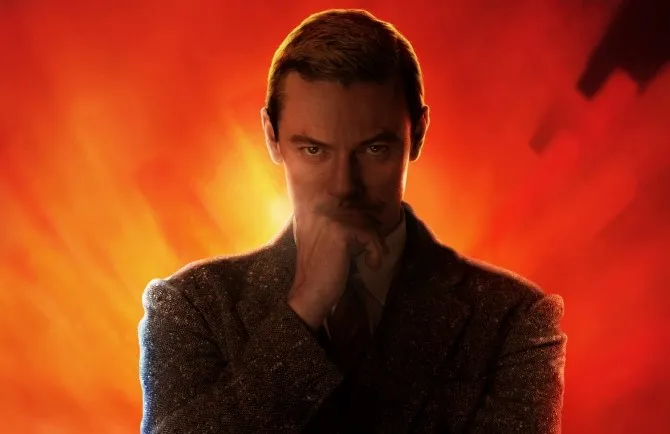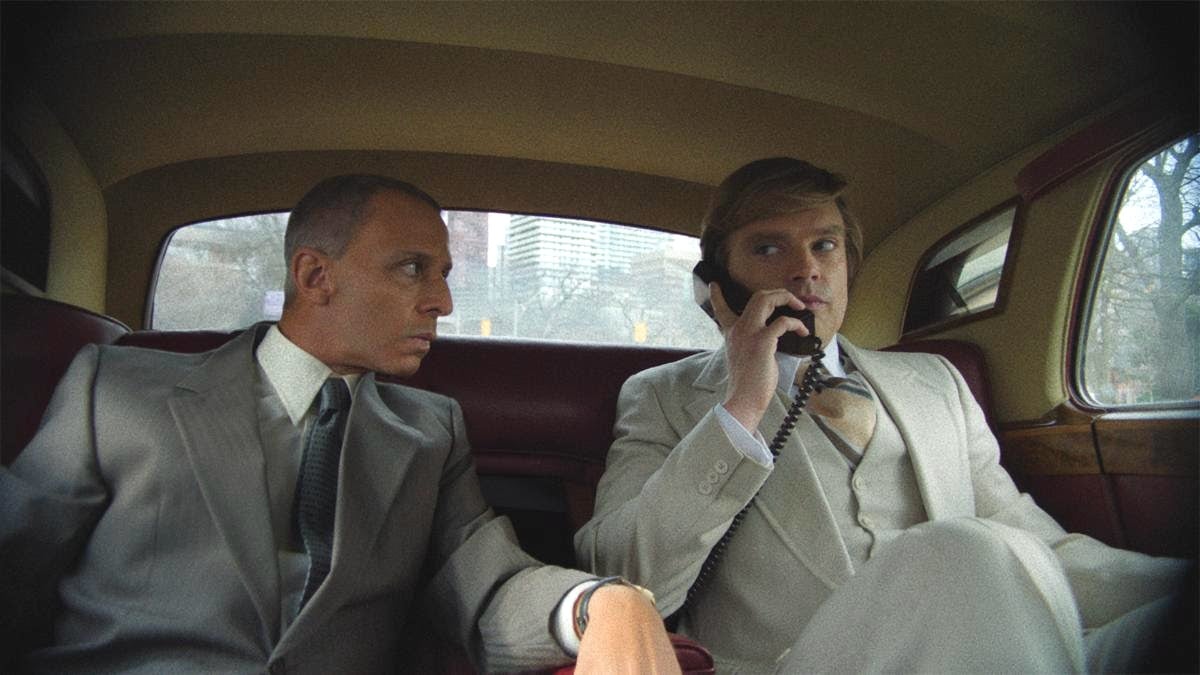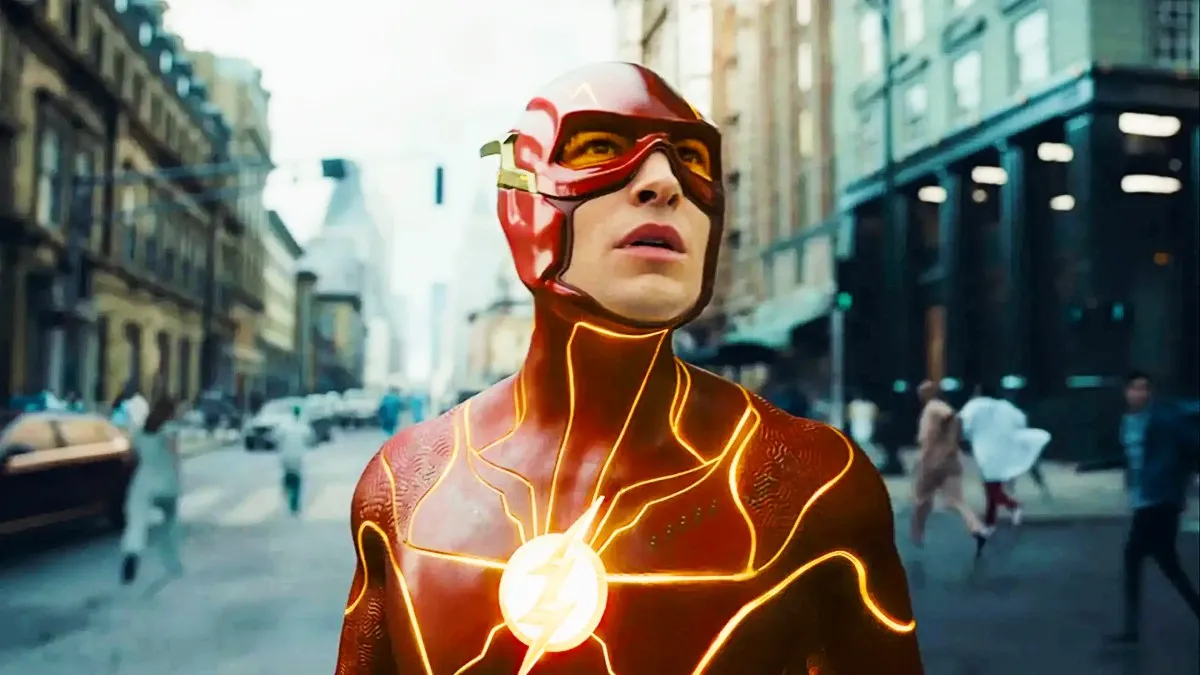Professor Marston and the Wonder Women opens TODAY, and what better way to celebrate than to chat with actor Luke Evans, who plays the titular role in Angela Robinson’s film.
Evans was exactly the right balance of “palpable masculinity” and “sensitivity” (those are Robinson’s words which you’ll hear more of in her video interview coming up later) to play this film’s version of William Marston, and his performance was the perfect counterpoint to Hall and Heathcote.
I got to speak to Evans about this complex and intriguing role at the Toronto International Film Festival, and he was damn near giddy as he talked about his character’s colorful and inspiring life.
Check out the video interview above, and if you have trouble watching video, there’s a transcript below!
TRANSCRIPT
Teresa Jusino (TMS): First of all, premiering at TIFF, which is a really exciting thing! Is this the first time you’ll be seeing the film with an audience?
Luke Evans: Yes. Yes. And I’m looking forward to it.
TMS: No pressure…
Evans: No. The pressure is done!
TMS: What drew you to playing William Marston? What made you need to take on this role?
Evans: Well, the script. Angela’s script. I picked it up, I knew nothing about it, I didn’t know what it was about, but I’d been told to read it, because it was good. So, I went and read it one night. And usually it takes me two or three days to absorb a script and read a script, and I read this all in one go. I got to the end of it, and I couldn’t quite believe that what I’d read was a true story, so I then went and did my research, and it really was! This man had fell in love with these two women, and had this incredible polyamorous relationship. Invented the early polygraph with his wife. Was a Harvard professor of psychology when psychology was some new-fandangled (sic) idea at Harvard. And then goes on and creates Wonder Woman, you know? All in one lifetime! It was quite extraordinary.
And the more we did our research, the more you realize how much of a true love these three people had for each other in a time when it would’ve been looked down upon massively. They struggled through and kept loyal to each other, which I thought was amazing.
TMS: Was there anything about the film—it takes on a lot of things about gender, relationships, sex, all of that—was there anything that surprised you, or confounded your expectations, or that you loved and appreciated getting to portray in the film?
Evans: Well I just loved the fact that these three people were born in a time where, you know, people were looked down upon if you were different. Women didn’t have equality. There certainly wouldn’t have been race equality. And they were accepting of each other. He accepted that these women loved each other as much as they loved him. And vice versa. It was about three people who were so forward-thinking, and they understood it takes all sorts. And I loved that about these three people.
And their children were brought up in a house of love. It might not have been a conventional love story, but it was true, and it was honest, and it was honest, and authentic, and they lived in a loving relationship his whole life. And when he died, they lived together and brought up the children for the next forty years, you know? It brings a tear to my eye, when I think about these three people. They just loved each other, and they made it work. It’s beautiful. And we rarely see polyamory presented in a movie like this. And the fact that it’s a true story makes it even more poignant. And the fact that this influenced Wonder Woman is just…hold on! Where does it end? Seriously? All this?
It’s just extraordinary! I think it’s a revelation this story, and this movie, and I’m just glad it was made, and I’m glad I was part of it.
Check out my video interview with Bella Heathcote, the film’s Olive Byrne HERE, my interview with Rebecca Hall, the film’s Elizabeth Marston HERE and my longer interview with director Angela Robinson HERE.
Professor Marston and the Wonder Women is IN THEATERS TODAY in the U.S.
(image: Annapurna Pictures)
Want more stories like this? Become a subscriber and support the site!
—The Mary Sue has a strict comment policy that forbids, but is not limited to, personal insults toward anyone, hate speech, and trolling.—









Published: Oct 13, 2017 05:19 pm